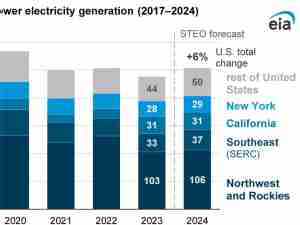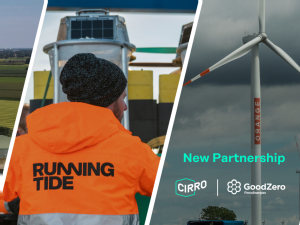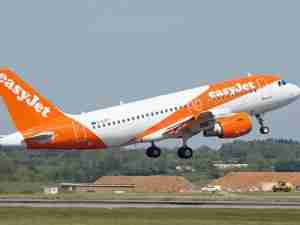Over 100 global aviation executives share their views in new Shell and Deloitte report calling for stronger ambition and leadership in the sector
Royal Dutch Shell plc (Shell) today announced its ambition to produce around 2 million tonnes of sustainable aviation fuel (SAF) a year by 2025. It also aims to have at least 10% of its global aviation fuel sales as SAF by 2030.
“Currently, sustainable aviation fuel accounts for less than 0.1% of the world’s use of aviation fuel[1]. We want to help our customers use more SAF,” said Anna Mascolo, President of Shell Aviation. “With the right policies, investments and collaboration across the sector we can accelerate aviation’s progress towards net zero by 2050.
“Last week we announced that we have taken a final investment decision for a new biofuels plant at our Rotterdam Energy and Chemicals Park. Shell also offers certified nature-based carbon credits to offset emissions, and we are exploring other ways to help aviation get to net zero, including hydrogen power.”
The announcement came as Shell published two reports looking at how the aviation sector can accelerate its progress towards decarbonisation.
Decarbonising Aviation: Cleared for Take-off is a joint report by Shell and Deloitte, based on the views of more than 100 aviation industry executives and experts. It says that the current global industry targets are not ambitious enough, and that the aviation sector should aim to achieve net-zero emissions by 2050.
The report outlines 15 ways to reduce emissions between now and 2030 that will help aviation to reach net zero by 2050.
Shell’s companion report Decarbonising Aviation: Shell’s Flight Path outlines how Shell, as one of the world’s largest suppliers of aviation fuel and lubricants, can help its aviation customers decarbonise. It announces Shell’s ambition to produce around 2 million tonnes of SAF a year by 2025. Currently, Shell supplies SAF made by others. Achieving the new ambition would make Shell a leading global producer of SAF and support the decarbonisation of the aviation sector.
The SAF production ambition would align with Shell’s target of becoming a net-zero emissions energy business by 2050, in step with society.
The ambition was announced the week after Shell said it will build a biofuels facility at the Shell Energy and Chemicals Park Rotterdam, the Netherlands, with the ability to produce 820,000 tonnes of low-carbon fuels a year, including SAF.
SAF has a key role to play in decarbonising air travel. Compared with conventional jet fuel derived from fossil fuels, when used neat SAF has the potential to cut life-cycle emissions from aviation by up to 80%[2]. It can be used immediately as a drop-in fuel, blended with conventional jet fuel, without the need for a fundamental change in infrastructure or aircraft design.
To accelerate the decarbonisation of aviation, Shell believes a comprehensive regulatory regime is needed, one that encourages consistent customer demand and provides fiscal support to drive infrastructure development, new technologies and SAF production plants. To this end and to stimulate demand, Shell has been calling for and fully supports the introduction of ambitious and feasible SAF blending mandates.
Key highlights from the Decarbonising Aviation: Cleared for Take-off report include:
- Aviation has often been considered a sector that will decarbonise later than others. This attitude should be replaced by a greater sense of ambition.
- Choosing SAF as the primary means of decarbonisation has the advantage of avoiding the need to redesign aircraft or airport infrastructure.
- More ambitious efforts are required and investments must start sooner if SAF is to be adopted at scale within 15 years.
- The uptake of certified carbon offsets must significantly increase in the short term, so they can play as full a role as possible in the early stages of decarbonisation.
- In parallel, there is a need to invest in less mature propulsion technologies like electric and hydrogen-powered aircraft, and for these to play a role in short-haul flights before 2050.











